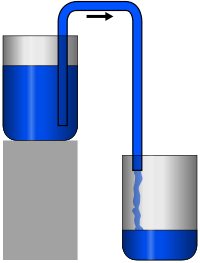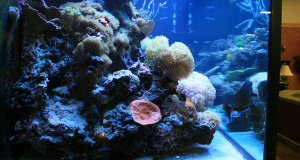Eileen here. With all of the water changes, filter changes, feedings, testing, supplements and other changes and maintenance we do on our aquariums, it can be difficult to remember what was done and when. Some problems with aquarium systems as well as regular maintenance are dependent on what has been happening with the tanks over time, not just within the very recent past. This is just one of the reasons that make it important to keep a record of the every day maintenance of the system as well as any other events that may have an impact on the health of the fish.
Keeping records of any activity with an aquarium system is not a new idea. Almost every public aquarium keeps records of everything that goes into or out of their water – this is even required by some scientific organizations to keep the aquarium’s certification or grants. Their records and even the records kept by stores like That Fish Place/ That Pet Place are obviously going to be very detailed than the average home aquarist might need, but it is a good idea to take their lead and keep track of your aquarium. You can use a computer program like Excel or Word if you’d like, or you can simply keep a notepad and pen with your aquarium supplies.
So what should you record? The types of events you should keep track of can be divided into a few main categories: Water Chemistry, Maintenance, and Livestock.
l Water Chemistry recordings would be the results of any regular water tests done on your tank (pH, ammonia, nitrite, nitrate, salinity, temperature, etc) as well as the dosages of any supplements or medications you add to the aquarium.
l Maintenance records keep track of regular maintenance (water changes, light bulb changes, filter pad changes or cleanings) as well as any out-of-the-ordinary events like a new heater or a malfunctioning piece of equipment.
l Livestock records help you keep track of what live fish, plants or invertebrates you are adding to your aquarium and what you are removing from the tank or lose due to deaths or illness. You can also make observations about any unusual behavior you are noticing in the livestock, symptoms of illnesses, what the fish are (or are not) eating, even their sizes from time to time to see how quickly they are growing.
l Other events: It is also a good idea to keep track of any other unusual events that may affect your aquarium. Power outages, heat waves, cold spells, and other events that may not have an immediate affect on the aquarium can cause changes in the aquarium a few days or weeks later that can be traced back through your records. Even a houseful of guests can be important to record if it changes the activity around the aquarium or the feeding schedule of the fish.
Getting into the habit of keeping a few notes on your aquarium can make difference in the long run. After all, some of us have a hard time remembering what we had for dinner last week, much less when we last changed that light bulb, when we added that new invert to the tank or how well a certain fish has been feeding! A running record of some of these details can help refresh your memories, as well as keep track of your progress in the aquarium hobby.
Along these same lines, Current-USA offers a free downloadable computer widget to keep track of aquarium maintanance schedules. Working in conjuction with your records, the two together can go a long way toward helping you maintain a healthy system.
Until next time,
Eileen
 That Fish Blog – Aquarium Advice and Information
That Fish Blog – Aquarium Advice and Information



